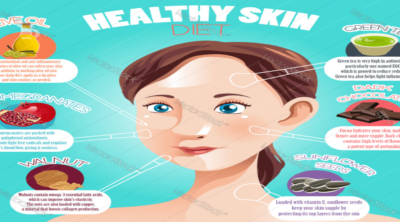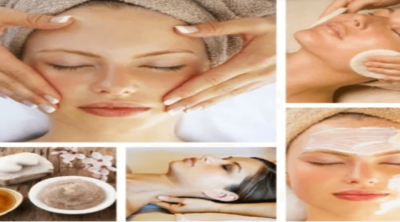
Sensitive skin gets irritated easily. A hypoallergenic moisturizer could be your answer to get soft skin without allergic reactions. This article explains what a hypoallergenic moisturizer is, its benefits, and some things to keep in mind while buying one.
Every cosmetic product makes use of chemical ingredients. Even the most natural and organic products have to use chemicals for preservation. In the absence of preservatives, the shelf life of the products would reduce to mere days. However, these chemicals do not react well on people with sensitive skin. As a result the skin suffers from rashes, irritation, and redness. To alleviate these problems, many companies have introduced a range of hypoallergenic products. The word ‘hypoallergenic’ means minimal potential to induce an allergic response. Similarly, a hypoallergenic moisturizer is essentially a skin moisturizer formulated to not irritate the skin.
Best Hypoallergenic Nourishing Moisturizer
Apart from preservatives, moisturizers are also loaded with various perfuming agents to render a unique fragrance. Coloring agents may also be present, but this is rarer. These ingredients have the maximum potential to induce allergies. Most hypoallergenic moisturizers have little or no fragrance, due to the absence of these ingredients. As a result, its potential to cause allergies also minimizes.
Hypoallergenic products are different from noncomedogenic products in various ways. A noncomedogenic moisturizer is formulated in such a way that it does not clog the pores and trap bacteria. Clogged pores are the main cause of acne breakouts. Thus, this type of moisturizer is particularly helpful for acne prone skin. However, if you are using it to overcome allergies, then you might not benefit from it. In that case, you have to go for hypoallergenic products. These days, you can get special combination products which have noncomedogenic as well as hypoallergenic properties. These products are especially effective for combination skin types.
Your facial skin differs from the skin on the rest of your body. Facial skin is more sensitive than the skin on your arms and legs. You may have experienced incidences where you applied a product on your arms and legs and there were no allergic reactions, but when you applied the same product on your face, you experienced allergies. Although, this may not occur very frequently, it is best to protect your skin from potential allergies. If you know you have sensitive skin, try applying hypoallergenic moisturizer on your face and a regular lotion on the rest of your body. The regular one may suffice your need for fragrance while a fragrance-free hypoallergenic moisturizer will protect your face.
The problem with hypoallergenic skin care products is that, although their label may claim that they have little potential to cause allergies, in reality they might lead to symptoms of allergies. This is because there are no federal rules that govern the use of the term ‘hypoallergenic’. Thus, any manufacturer is free to use this term on the product’s label. This makes the authenticity of hypoallergenic products highly questionable.
Also, there is a possibility that a hypoallergenic product may still contain an ingredient capable of invoking an allergic response. Hence, it is important to read the labels carefully. If you have a known history of allergies due to certain ingredients, reading the label may help you to choose your products with care. People with skin diseases like rosacea should be extra cautious while choosing a moisturizer. For such people a good hypoallergenic moisturizer with SPF 15 is most suitable. However, an SPF more than that may clog pores and cause acne breakouts.
To truly protect your skin from allergies, go for a moisturizer that has hypoallergenic and noncomedogenic properties, as these products are less likely to cause irritation. This way, you will be able to nourish your skin without allergies.


